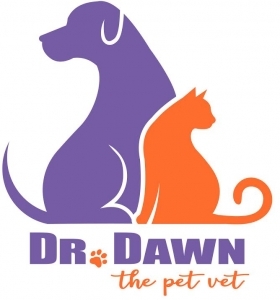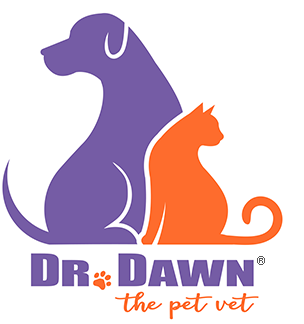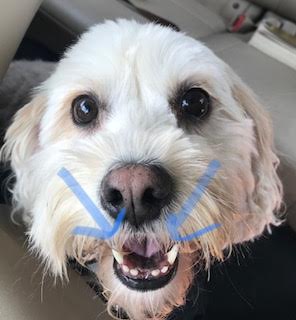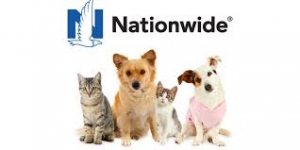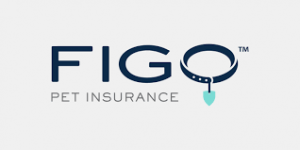I have blogged about pet health insurance in the past. I have a love/hate relationship with it. Generally, some companies are better than others in how quickly they process your claims. Some will pay the veterinarian directly if you opt for it. There is variability in what is considered a pre-existing condition, age cut offs, whether or not they offer #wellness programs, and structure of deductibles. Please refer to prior blogs on this site for that information.
What I wanted to discuss today are two common issues that have come up with my own clients, and thought a good topic to think about, particularly if you are shopping around for insurance. Specifically: are prescription diets covered, and what type of dental coverage is available?
It can be a bit overwhelming to look at the 7 or 8 most popular #insurance companies and compare all of their offerings and specific coverages, or lack thereof. Sometimes just focusing on a few topics that you may prioritize helps guide you towards a decision. Prescription diets are quite commonly recommended by myself and my colleagues. If you are home with a puppy or kitten, you may not think about it now, but there is a very good chance that you will find yourself in a position to need prescription food. The cost differential can be large, compared to non-prescription diets, and why not make sure that your plan covers it?
There are 6 main companies, and here are their policies on prescription (rx) diet coverage.
ASPCA : Yes, if rx’d to treat an eligible condition. (NOTE: call to have “eligible” defined)
Embrace: Yes, if you carry the optional “Wellness Rewards” program rider.
Nationwide (Formerly VPI): Yes, if you subscribe to the additional “Whole Pet Plan” for “eligible” conditions (again, define “eligible”.
Petplan: No. Only nutritional or herbal supplements for a coverable accident or illness.
Pets Best: No
Trupanion: Yes. 50% of the cost of therapeutic food less the deductible, plus 10% of coinsurance. This is if prescribed by the veterinarian for treatment of “covered” injuries or illnesses for up to two months of feeding. (Hmmm… define “covered”)
Regarding dental care, more and more pet parents are realizing the benefits of #preventative dental health in their pets’ lives. Even if you brush, dental disease can arise. It happens with people, and with our pets.
So, it is nice to know if you will be compensated for prophylactic dental treatment, should that be important to you. And, in the case of illness or painful dental disease and injury, it is extra important to know that your insurance will pay, and how much. It is key to verify that there are no stipulations that might mean denial of coverage. For example, some companies will deny a claim if the patient had not been seen for an exam within a calendar year prior to an visit resulting in the recommendation of a dental procedure. Know what questions to ask and read between the lines.
Specifically: 1. What dental work is covered? and 2. Are preventative prophylactic treatments covered and under what circumstances?
Comparison of 6 companies regarding dental coverage:
ASPCA: Dental cleanings covered for disease, such as periodontal issues or cracked teeth. Otherwise, a cleaning is only covered with the optional “Preventative Care” rider. Also, with the “Complete Coverage” plan, dental #illness treatment is covered, BUT authentic, cosmetic and endodontic services are not (includes: caps, crowns, fillings, root canals and planing.)
Embrace: Dental work for fractured #teeth is covered. A new policy with more comprehensive dental coverage up to $1000 per term is coming, or may have already been added. In their “Wellness Rewards” plan will cover prophylaxes.
Nationwide: Variable, depending on plan. “Whole Pet Plan” covers periodontal and other oral diseases. This includes COHAT (comprehensive oral #health assessment and treatment) coverage.
Petplan: Dental injury and illnesses, including the pre-surgical blood work up and radiographs. Includes: anesthesia, scaling and polishing, extractions, root canals, gum surgeries, pain management, and additional treatments that might be recommended by the attending #veterinarian. Routine #prophylaxis is not covered (unless recommended to treat periodontal disease. Yes,.. I agree that part is a bit confusing).
Pets Best: “BestBenefit” plan covers dental #injuries. Periodontal disease is covered if:1. pet is 3 years or older and 2. pet has had prophylactic dental cleaning of the teeth within the prior 13 months. BUT… prophylactic dental cleanings are only covered with the “higher-tier routine plan”. SO… you need both of those plans to be covered for disease and dental problems.
Trupanion: Treatment for all NEW dental injuries and illnesses are covered. This includes extractions of permanent and baby teeth, root canal treatment of specific teeth: canines (“fangs”) or carnassial teeth (the big ones in the back). Also included #endodontic treatments performed on OTHER teeth. (Hmmm.. what other teeth?) That coverage is only good if you have written proof of compliance with your veterinarian’s dental recommendations prior to the issues arising. Routine prophylactic dental cleanings are NOT covered.
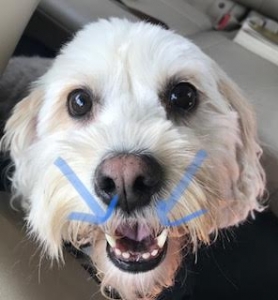
(My dog…after two extractions!)
Hope this helps you navigate the insurance options, and you find a plan that works for you.
Dr. Dawn
Please share and subscribe here
